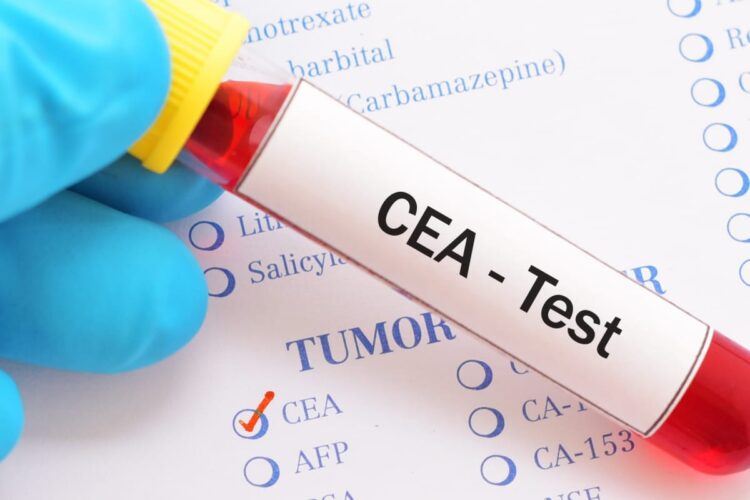Colorectal cancer is the third most common cancer worldwide and is responsible for a significant number of deaths. Screening for colorectal cancer is critical because early detection can lead to better outcomes and increased chances of survival.
Colonoscopy screening is done to find cancer before it causes any symptoms. Screening can detect cancer early, which increases the chances of successful treatment.
The American Cancer Society recommends that people at average risk of colorectal cancer start colonoscopy screening at age 45. People with a family history of colorectal cancer should talk to their doctor about starting screening earlier.
The most common screening tests for colorectal cancer are:
Colonoscopy
A colonoscopy is the most effective screening test for colorectal cancer. In this procedure, a long, flexible tube with a camera attached to it is inserted into the rectum and passed through the entire colon. The doctor can view the inside of the colon and remove any polyps or abnormal tissue for testing. The procedure is done under sedation and takes about 30 to 60 minutes. A colonoscopy is usually done every ten years.
Fecal Immunochemical Test (FIT)
FIT is a simple test that checks for hidden blood in the stool. A sample of stool is collected using a kit provided by the doctor and sent to a lab for analysis. If blood is detected, further testing will be done. If no blood is found, the test is negative, and the person can repeat the test after one year. The test is recommended every year.
Stool DNA Test
The stool DNA test looks for changes in DNA that can indicate the presence of colorectal cancer or polyps. The test is done at home, and the sample is sent to a lab for analysis. If the test is positive, further testing will be done. The test is recommended every three years.
Flexible Sigmoidoscopy
Flexible sigmoidoscopy is similar to colonoscopy but examines only the rectum and lower part of the colon. The procedure takes about 20 to 30 minutes and is done without sedation. A flexible tube with a camera attached to it is inserted through the rectum to examine the colon. A flexible sigmoidoscopy is usually done every five years.
CT Colonography (Virtual Colonoscopy)
CT colonography uses X-rays and computer technology to create images of the colon. The procedure is non-invasive and takes about 15 minutes. However, if polyps are found, a colonoscopy will be needed to remove them. The procedure is done every five years.
Conclusion
It’s important to note that screening tests can have limitations, and no test is 100% accurate. False-positive results can cause anxiety and lead to further unnecessary testing, while false-negative results can provide a false sense of security. However, the benefits of early detection far outweigh the risks of false-positive or false-negative results.
Furthermore, adopting a healthy lifestyle can also reduce the risk of developing colorectal cancer. Eating a diet rich in fruits, vegetables, and whole grains, maintaining a healthy weight, exercising regularly, quitting smoking, and limiting alcohol intake can all contribute to reducing the risk of developing colorectal cancer.
Screening tests for colorectal cancer are essential to detect the disease early and increase the chances of successful treatment. Colonoscopy is the most effective screening test, but other tests such as FIT, stool DNA test, flexible sigmoidoscopy, and CT colonography can also be used.

